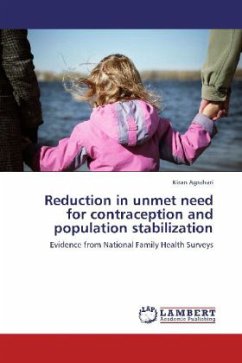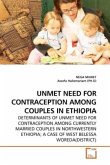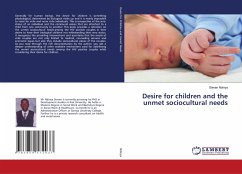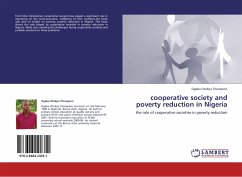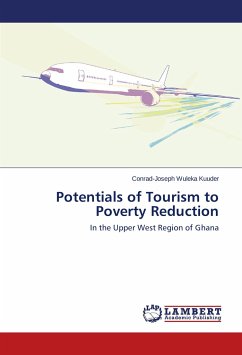Despite a tremendous increase in contraceptive use from 10% to 60% in the last 50 years, around 16% of the women have unmet need for contraception in developing countries; consequently every year about 76 million women are facing unintended pregnancies. Unintended pregnancies are known to be associated with numerous harmful behaviors and outcomes. Family planning offers a host of health, social, and economic benefits: it can help reduce infant mortality, slow the spread of HIV/AIDS, promote gender equality, reduce poverty, accelerate socioeconomic development, and protect the environment. Studies have shown that if all unwanted births were prevented, the total fertility rate would be reduced by one-quarter to one-third in the developing countries and an increase of 15% points in contraceptive prevalence is associated with a decline of about one point in the total fertility rate. This study gives an insight into the contribution of diminution in unmet need for contraception into the resultant lowering of fertility, and underlines the factors which promote as well as discourage contraceptive practice among women who are experiencing unmet need for contraception.
Bitte wählen Sie Ihr Anliegen aus.
Rechnungen
Retourenschein anfordern
Bestellstatus
Storno

